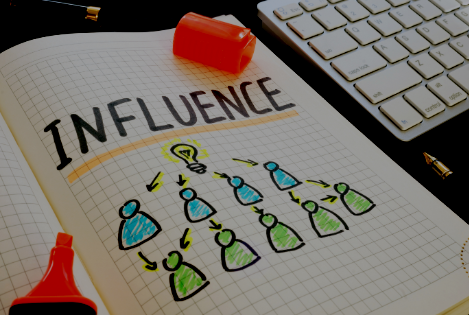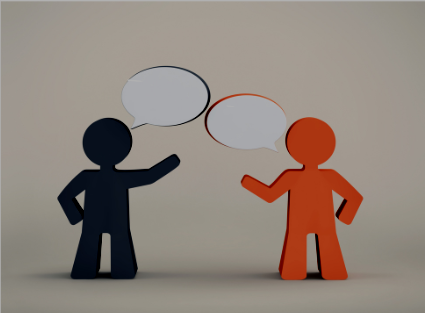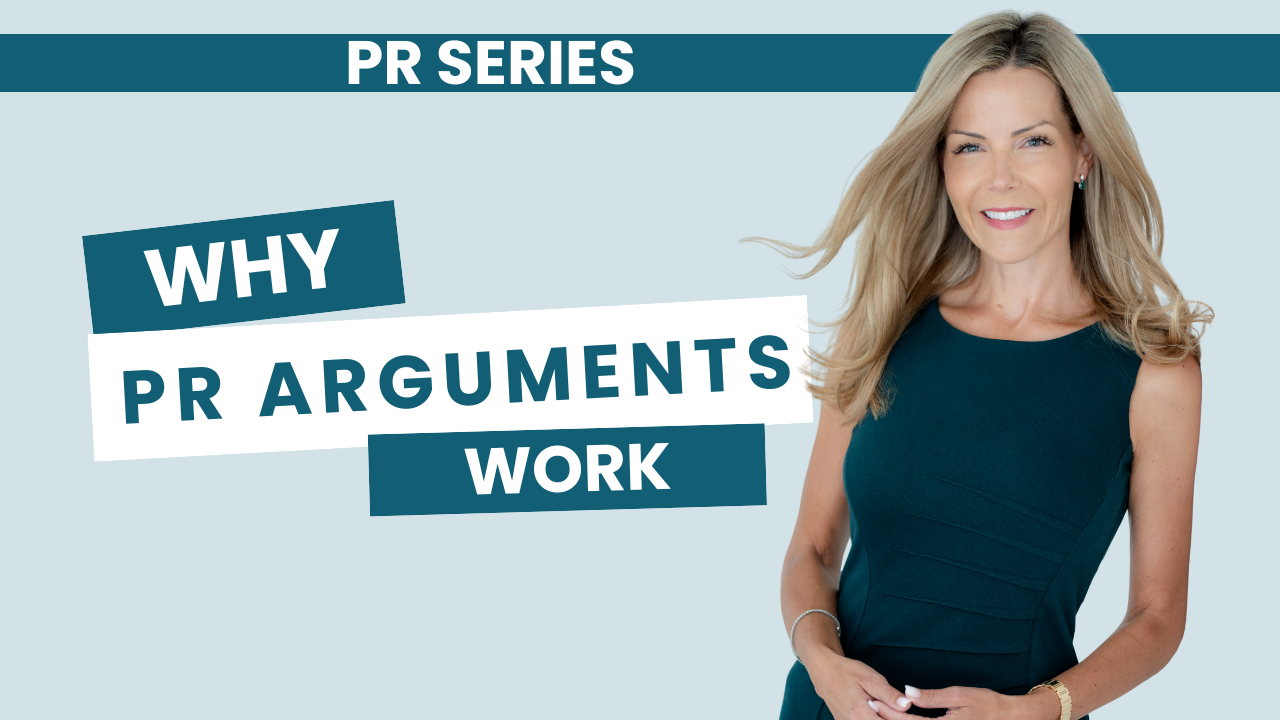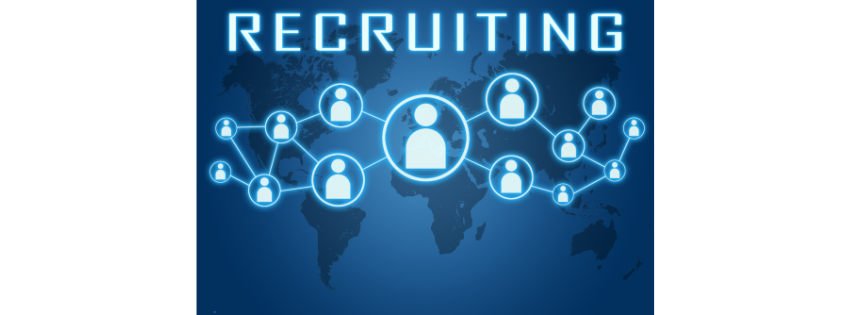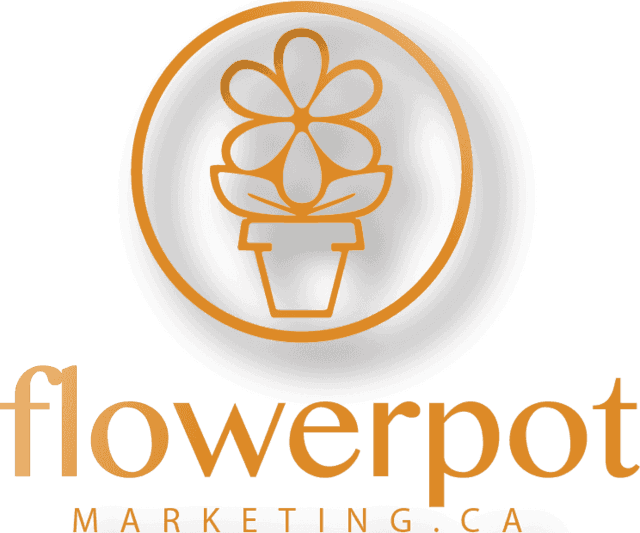By: Melissa Barlock
Three signs that mean that YOU may have burnout..

Burnout is important because it has detrimental effects to one`s physical and mental health and well-being. As we will see, the effects of burnout also extend beyond the individual and can affect relationships with coworkers and clients as well, creating a toxic work environment and even compromising patient safety.
Burnout also affects work productivity, and is a cause of absenteeism and turnover, costing companies money in the long run. Awareness of burnout is also important because many of its symptoms overlap with depression, so it is important that we know what the symptoms are so that we are able to recognize it when it presents itself and can get the help that we need, when we need it.
Why do people get burned out?
As discussed in the last article on the history of burnout, burnout is perhaps a modern phenomenon that is related to stress in the developed, post-industrial, modern world. Stress is an organism's response to a stressor, and in earlier times it was a good thing. Imagine you are a cave-person roaming the plains of the African Serengeti in search of food when out in the distance a lion spots you. Almost immediately your stress response, also known as the fight-or-flight response, kicks in to prepare you to either fight or run. The stress hormones adrenaline (epinephrine) and cortisol are released and cause you to become alert, your heart and respiratory rates to increase, energy stores to be mobilized, and your muscles to prepare for action. When the threat is gone, your stress subsides and you return to normal. This form of acute, or short-term, stress is adaptive and necessary for survival. However, stress today, either real or perceived, can come from many sources and can be almost constant, and our genetics and bodies haven't changed much since prehistoric times. According to Hans Seyle and his model of stress, the general adaptation syndrome (GAS), the stress response is the same regardless of the nature of the stressor. Long-term stress, known as chronic stress, is damaging and can exceed the body`s capacity to recover, leading to a number of potential negative effects including the development of chronic physical diseases such as heart disease and diabetes, mental disorders such as depression, increased susceptibility to infections, and impaired memory and learning.
So, is burnout is just exhaustion caused by prolonged stress?
Well, yes, that`s a part of it, but it`s not the whole story. In Maslach`s view, “Burnout is a prolonged response to chronic emotional and interpersonal stressors on the job, and is defined by the three dimensions of exhaustion, cynicism, and inefficacy.” According to her, the definition of burnout is restricted to occupational stress, and has three core dimensions, with exhaustion being only one component, the stress dimension. It also encompasses an interpersonal context dimension, depersonalization (or cynicism), and a self-evaluation dimension of reduced efficacy or accomplishment. Let`s take a look at these in more detail.
Exhaustion – as mentioned, exhaustion is a central component of burnout, and is usually the most obvious manifestation; when you or others are describing themselves as burned out, it is this component to which they are usually referring. It refers to feelings of being overextended and depleted of one`s emotional and physical resources. However, as Maslach stresses, though exhaustion is a necessary criterion for burnout, it is not sufficient, and considered in isolation it does not capture the critical aspects of the relationship people have with their work. As she puts it, exhaustion is not something that is simply experienced—it also affects behaviour, such as distancing oneself emotionally and cognitively form one`s work, presumably as a way to cope with work overload.
Depersonalization – depersonalization refers to a negative, callous, or excessively detached response to patients and various other aspects of one`s job. It is an attempt to put distance between oneself and service recipients, and by considering patients impersonal objects of one`s work and actively ignoring the qualities that make them unique and engaging people, their demands are in turn more manageable. Outside of the human services, people use cognitive distancing by developing an indifference or cynical attitude when they are exhausted and discouraged.
Inefficacy – a work situation with chronic, overwhelming demands that contribute to exhaustion and depersonalization/cynicism is likely to erode one’s sense of effectiveness, or efficacy. Inefficacy refers to feelings of incompetence and a lack of achievement and productivity at work, as it is difficult to gain a sense of accomplishment when feeling exhausted or when helping people toward whom one is indifferent.
Enspire Dental Opportunities is looking forward to working with you.
